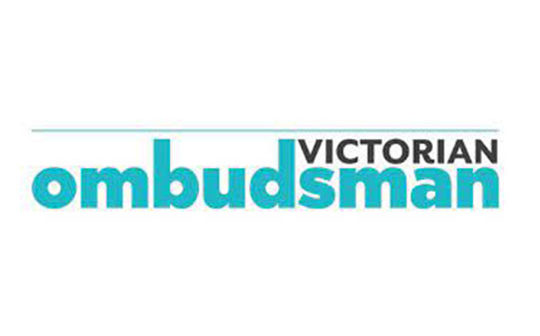
Victoria’s integrity agencies: Independent Broad-based Anti-corruption Commission, Victorian Auditor-General’s Office and the Victorian Ombudsman, have come together to present an evidence-based paper outlining the need for greater budgetary independence.
The intention is to remove the politics from the debate, so that governments of whatever stripe cannot be accused, fairly or otherwise, of interfering with the independence of those agencies whose job it is to hold them to account.
The current process of having the government of the day rather than the Parliament decide the funding of Victoria’s integrity agencies has been a hot topic for many years; in the last year it has grown even hotter.
Their joint paper sets out a case to further strengthen the perceived and actual independence of these three officers of Parliament.
The key recommendation is that consideration of their funding be the responsibility of a new independent statutory commission/tribunal, similar to the current Victorian Independent Remuneration Tribunal. All evidence, reasoning and recommendations to the Treasurer would be tabled in Parliament to promote full transparency.
While there are many dimensions to independence, the paper deals only with the issue of how the respective offices are funded. This matter has recently become an ‘issue de jour’ in the context of a proposed federal integrity commission, and in both New South Wales and, most recently, in Queensland. The three integrity agencies judge it timely therefore to add to this growing national debate, so that Victoria stays aligned with contemporary thinking and approaches.
It is also timely to consider the issue in light of the Government’s acceptance of the recommendations made in Operation Watts by IBAC and the Ombudsman to improve Parliamentary integrity.
In presenting this paper the three integrity agency heads make no implied or express criticism of their current funding levels. Rather they are seeking to establish a transparent and robust process which is apolitical, and in doing so, to provide the Parliament and the community with assurance that their respective offices have the resources they need to do their jobs well. They believe it is in the best interests of all who aspire to government to promote these reforms. This is an opportune time to seek a commitment from all parties to a reform that must be profoundly in the public interest.
Full Recommendation:
Victoria’s integrity agencies say they recommend that the Victorian Government, in parallel with its commitment to work with the Parliament to establish a joint Parliamentary Ethics Committee, undertakes work to establish an Independent Commission/Tribunal (IC/T) under legislation to support transparent, accountable and evidence-based decision-making in relation to the resourcing arrangements for the three Independent Officers.
Victoria’s integrity agencies add that they further recommend that in conducting this work and establishing the IC/T, and associated legislation, the Government:
- considers measures to ensure maximum independence, transparency and accountability of the IC/T, such as legislative requirements that:
- the IC/T act independently and impartially in performing its functions and exercising its powers
- the IC/T and members are not, in the performance of their functions and the exercise of their powers, subject to the direction or control of any person, including any Minister
- only persons with extensive or specialist knowledge, expertise or experience in a relevant field may be appointed as a Commission/Tribunal member and they must not be (or nominated to be) an elected official, or employed by a body within the three Independent Officers jurisdiction
- the Treasurer incorporates the IC/T’s resourcing recommendations in a Parliamentary Appropriations Bill
- the Treasurer makes a detailed statement to the Parliament on any variations made to the resourcing recommendations at the time the Bill is tabled
- ensure the IC/T is non-partisan and retains the trust of the Parliament and the community in fulfilling its roles, including timely release of all resourcing-related documents to help to ensure transparency and accountability of all the parties involved
- identify and manage all perceived or actual conflicts of interest, including the responsibility of Parliament itself to oversight the work and non-partisanship of the committee in fulfilling its roles.






